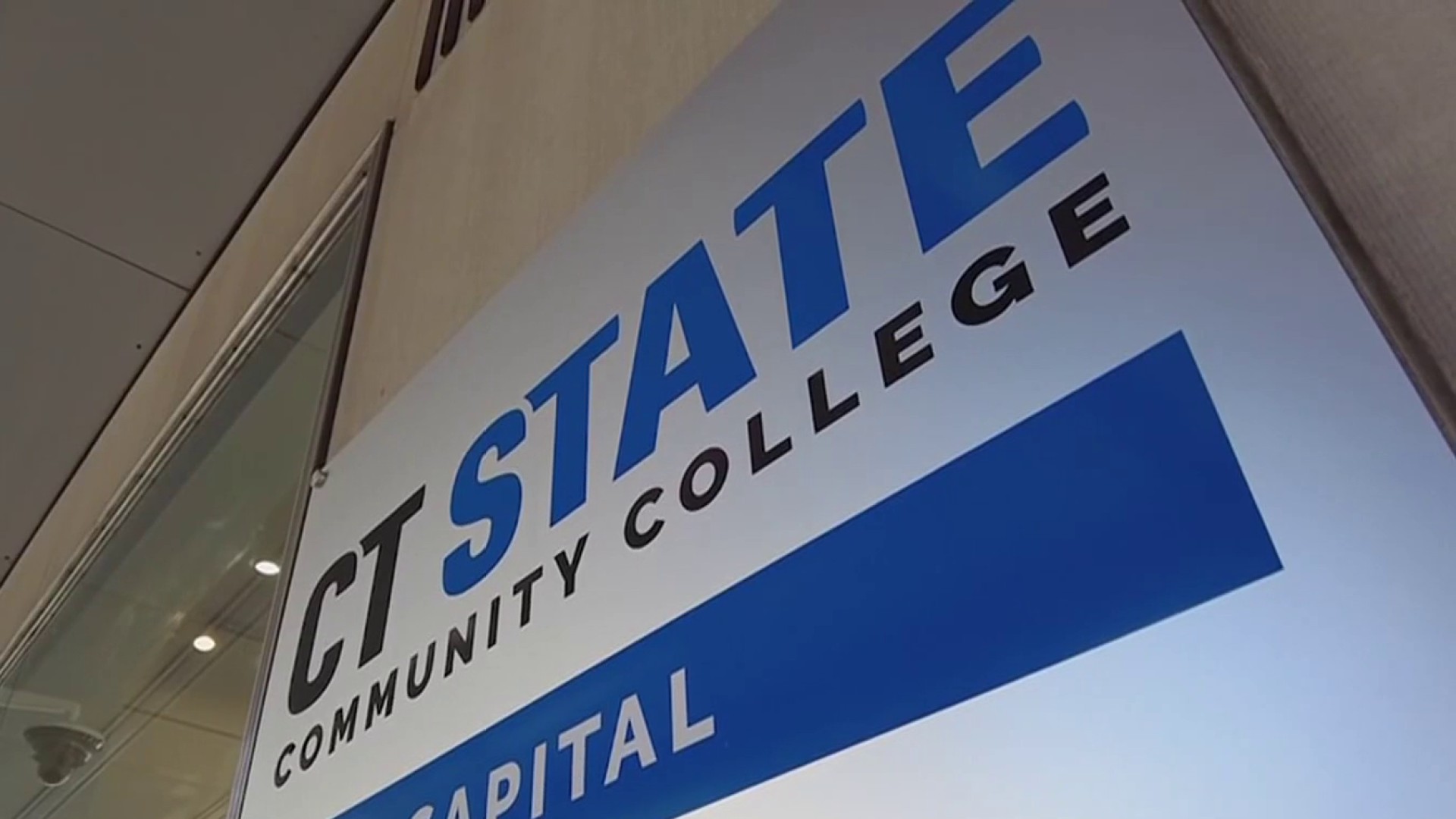Ken Barone with UConn’s Institute for Municipal and Regional Policy breaks down the findings of the Connecticut State Police ticket audit, and what he thinks federal investigators might look for in their examination.
Ken Barone with UConn’s Institute for Municipal and Regional Policy breaks down the findings of the Connecticut State Police ticket audit, and what he thinks federal investigators might look for in their examination.
Mike Hydeck: Well, joining us now is Ken Barone. He's the co-author of the audit that found those discrepancies. He's from the Connecticut, want to get this right, Racial Profiling Prohibition Project. Mr. Barone, welcome to Face the Facts. Good to see you. All right, so is there a chance that there is a system error like Representative Greg Howard just mentioned? Would there be a system error in your opinion?
Stream Connecticut News for free, 24/7, wherever you are.
Ken Barone: We worked really hard when evaluating close to 1,700 individuals, either troopers or constables, to do our best to accommodate for any human error or system error that could be occurring. And it is our estimation that the results of our reports show troopers submitting either false or inaccurate records. And although we can't discount potential errors, a full investigation should be able to vet that out, but we're confident in our findings.
Mike Hydeck: So let me ask you a question. So the audit brought into focus the discrepancies on how ethnicity data was logged. When you look at some of that data, can you tell what the day to day is like for a trooper who pulls somebody over? And I want to have a specific question. How is that information entered on a citation? You see a state trooper go back to their car, they open their laptop, and they're working on the ticket. Do they have to click a box, do they have to type the ethnicity? So they have to type African American or they just click or, they have to put Hispanic or whatever?
Get top local Connecticut stories delivered to you every morning with the News Headlines newsletter.
Ken Barone: So since 1999, police across the state of Connecticut have been required to report the race, ethnicity, gender, etc, of everybody that they pull over, regardless of whether that stop ends in a warning, a ticket or even an arrest. And about 10 years ago, we reformed, made significant reforms to the system to make it easier for police to be able to report that data. In the case of the state police, it's a drop down. There's a list of race and ethnicity codes that they are to report their perception of the race and ethnicity of motorists that they interact with so that that can be evaluated by us.
Mike Hydeck: So that's right in the software?
Ken Barone: Built right into the software. And we've even tried to make it so that when they fill out a ticket, whatever they report, the race and ethnicity on the ticket, that will automatically port into the state's profiling system to reduce the workload on troopers.
Face the Facts
Face the Facts with NBC Connecticut goes beyond the headlines, asking newsmakers the tough questions, giving an in-depth analysis of the big stories.
Mike Hydeck: So yeah, you're not adding another report for them to file, it goes right within the report itself.
Ken Barone: It should take the average police officer in Connecticut less than 90 seconds to complete the racial profiling information.
Mike Hydeck: So as you analyze this data, what does it represent to you, full stop? What do you think?
Ken Barone: So we've been focused on the issue of racial profiling since the wake of the federal investigation into East Haven in 2011. In 2012, 2013, Connecticut made significant reforms to the state's racial profiling system. And we've become a national model for the country. California, Oregon, Rhode Island, for example, have all modeled their data collection and analysis programs after ours here in Connecticut. I think one of the things that is most disappointing about the results of this audit is that fundamentally, this system relies on the 8,000 or so police officers throughout the State of Connecticut doing their best to honestly and accurately report the individuals that they're interacting with in traffic stops. And that forms the foundation of the studies we produce every year. And so it's certainly disappointing to find significant inaccuracies, and also potential falsification of records being introduced into the system, which does make at least the data as it relates to state police more unreliable than it should be.
Mike Hydeck: So remind people the extent for the years which are covered in this audit, what year to what year?
Ken Barone: So we audited 2014 through 2021. 2014 was the first calendar year that the reforms took place. And that's why we went back that far.
Mike Hydeck: Got it. Okay. So are audits done how often? So if it's 2014 to 2021, that's a seven year time span. Should they be done on a more frequent basis in your opinion, or is that enough? You need that much time to get enough data?
Ken Barone: We have safeguards in place to ensure that we have data quality coming in. One of the things that we discovered in the audit of the state police is that many of the safeguards that had been built for municipalities to ensure data accuracy were not the same protocols being followed by the state police. And unfortunately, that didn't come to our attention until Hearst Media did a report over a year ago on troopers that were investigated for falsifying records.
Mike Hydeck: Got it. So that's what triggered the audit of the audit, you believe?
Ken Barone: Well there really was no, right, until that media report came out, you know, the assumption on our part was that, again, law enforcement across the state were doing to the best of their ability to honestly and accurately report who they were interacting with. And we really didn't even think that somebody would think about falsifying.
Mike Hydeck: So we reported this week the federal government is going to get involved in an investigation moving forward. Will they take your data? Will they conduct their own review of the data? Do you know where it would go from here?
Ken Barone: I don't know where it would go. I certainly, we welcome folks looking at our data, looking at how we approached this, looking at the ways that we tried to scrub the data for, you know, 1,700 people and we look forward to cooperating with all parties involved.
Mike Hydeck: Once you finish your report is it peer reviewed? Do other statisticians or data crunchers look at it?
Ken Barone: Yeah, we had a team of about seven researchers work on this report from multiple universities, from professors in economics to professors in criminal justice, and it was reviewed by peers throughout the last eight months as we produced this product.
Mike Hydeck: So is the data publicly available? Could I look it up if I wanted to look it up and look at the data myself?
Ken Barone: So the individual officer results has not been publicly available at this point. And I think, you know, that might become available in due time.
Mike Hydeck: Okay. Ken Barone we appreciate your time. Thanks for joining us on Face the Facts and the explanation of the data.



